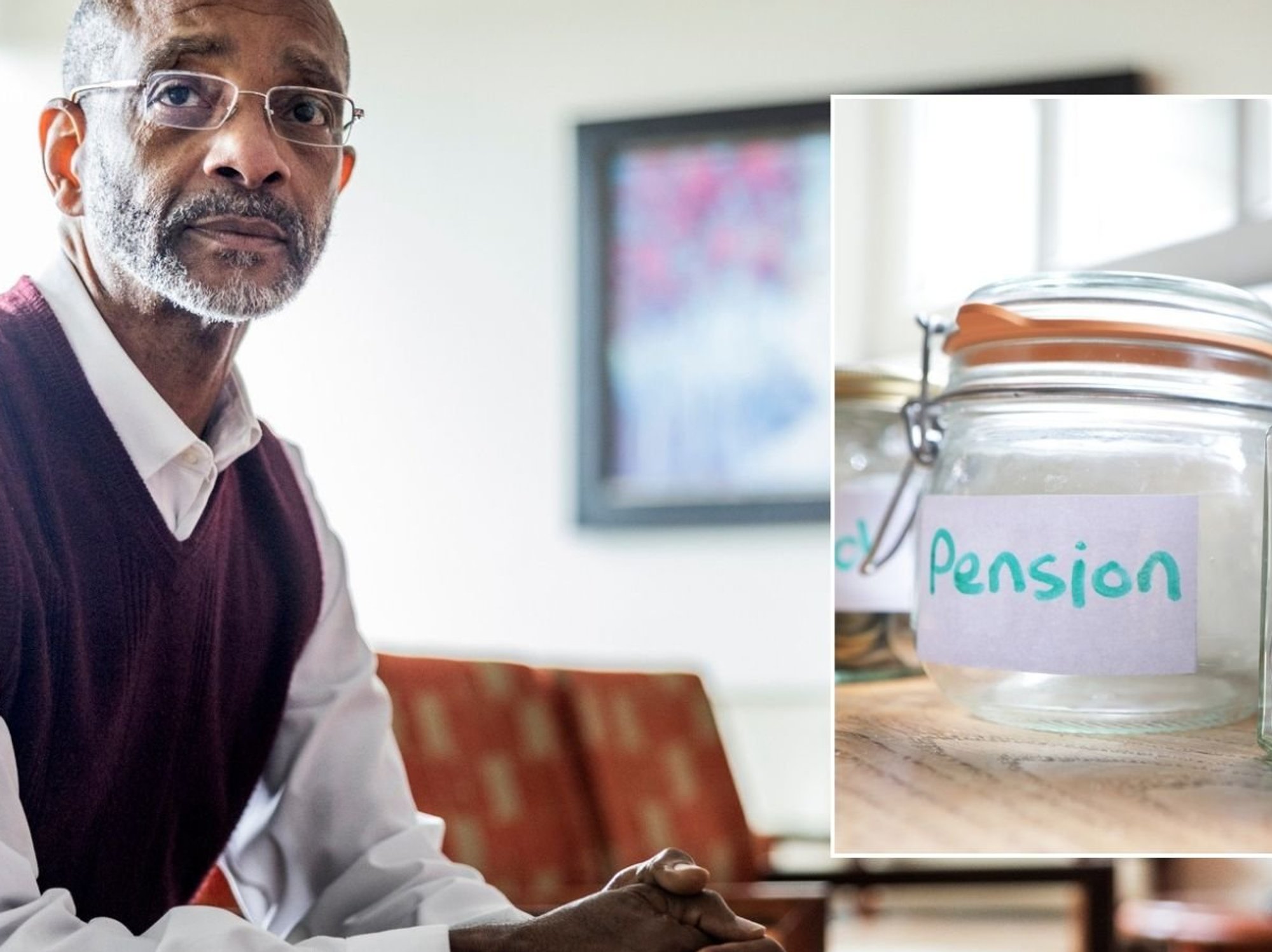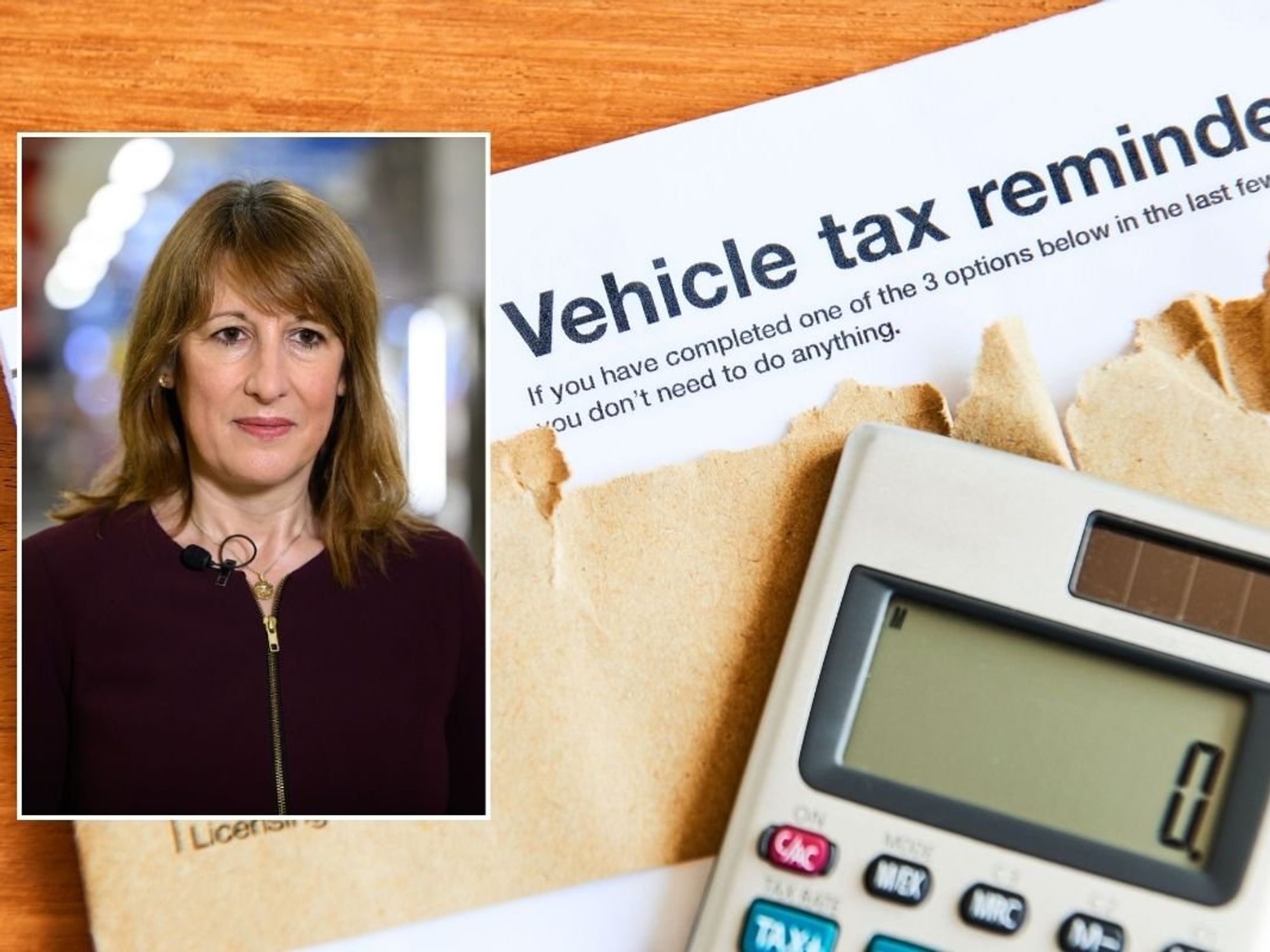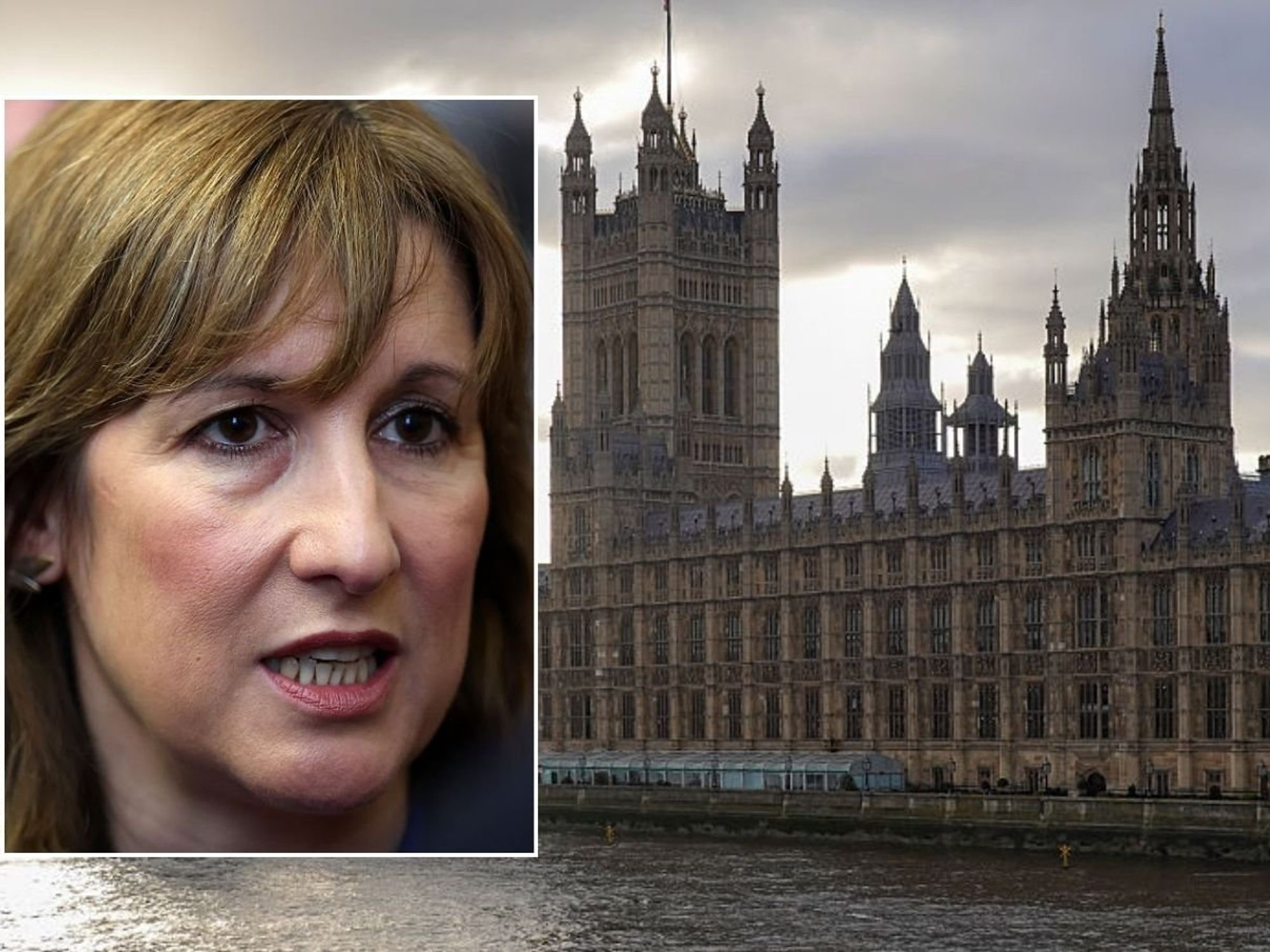State pensions could rise by up to £538 in 2026 but older Britons may face 'concerning' tax bill

Under the triple lock, the state pension payment rates guaranteed to increase every year by at least 2.5 per cent
Don't Miss
Most Read
Latest
State pensioners could see their payments increase by between 4.2 per cent and 4.6 per cent as of April 2026, according to current economic indicators. Analysts are sounding the alarm that this brings pensioners closer to paying tax on their retirement payments alone.
The rise would be determined by the triple lock mechanism, which guarantees annual increases based on the highest figure among inflation, earnings growth, or 2.5 per cent.
Present data shows inflation at 3.8 per cent for the year to July, whilst average earnings growth stands at 4.6 per cent for the April to June period.
These figures suggest pensioners on the full new state pension might receive an additional £478 to £538 annually with the Government pledging to maintain the triple lock throughout this parliamentary term.
**ARE YOU READING THIS ON OUR APP? DOWNLOAD NOW FOR THE BEST GB NEWS EXPERIENCE**
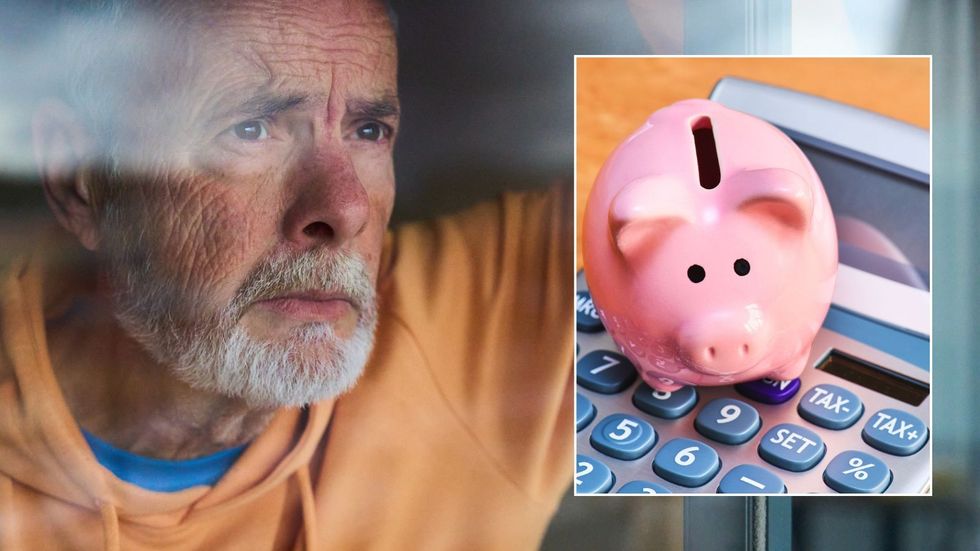
State pension payments are at risk of being taxed in the near future
|GETTY
The triple lock calculation relies on September's inflation rate and earnings growth from May to July, with the higher figure determining next year's increase.
Should current trends persist, with inflation rising by 0.2 per cent monthly and earnings growth falling by 0.4 per cent, both measures could converge at approximately 4.2 per cent.
Steven Cameron, the pensions director at Aegon, warned that the anticipated triple lock increase could create significant tax implications for retirees.
"If inflation and earnings growth remain at their current levels, the triple lock would pay out based on earnings so a 4.6 per cent increase," he stated.
Do you have a money story you’d like to share? Get in touch by emailing money@gbnews.uk.
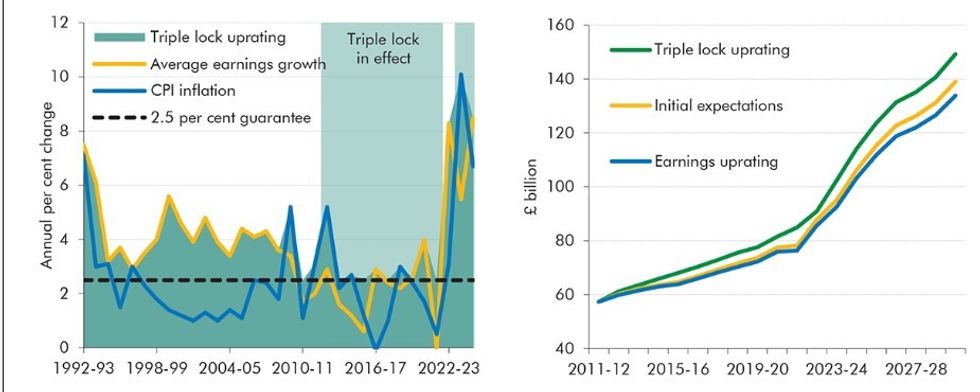 What has the impact of the state pension triple lock been on the public's finances | OBR
What has the impact of the state pension triple lock been on the public's finances | OBR Mr Cameron calculated that recipients of the full new state pension would see their annual income rise from £11,973 to £12,475 next year.
With the personal allowance frozen at £12,570 until April 2028, he noted that a minimum 2.5 per cent increase in 2027/28 would inevitably push the full state pension beyond the tax-free threshold.
This is referred to as fiscal drag, when tax thresholds are frozen over a period of time when either wages or inflation have risen, resulting in people being pulled into
"While the tax due will be very small, this will cause concern to many pensioners and an admin nightmare for HMRC," Cameron observed.
MEMBERSHIP:
- They went to the police. Tried to shut my pub. But Epping won. The genie is out of the bottle - Adam Brooks
- Interactive map reveals how many illegal migrants have entered on Keir Starmer's watch - find out the number in YOUR area
- MAPPED: The councils that could now take legal action after Epping ruling torpedoes Labour's asylum plans
- REVEALED: The 32 seats that could parachute Nigel Farage into No10 as General Election petition hits 800k
- Reform UK faces eight pivotal tests TODAY as Nigel Farage gears up for battle following shock resignation
He suggested the government might introduce targeted exemptions for affected state pensioners, though acknowledged this could raise fairness questions if similar provisions weren't extended to working-age individuals.
Recipients of the older basic state pension would see smaller increases of £367 to £413 annually if the payment rate were to jump by this amount
LATEST DEVELOPMENTS:
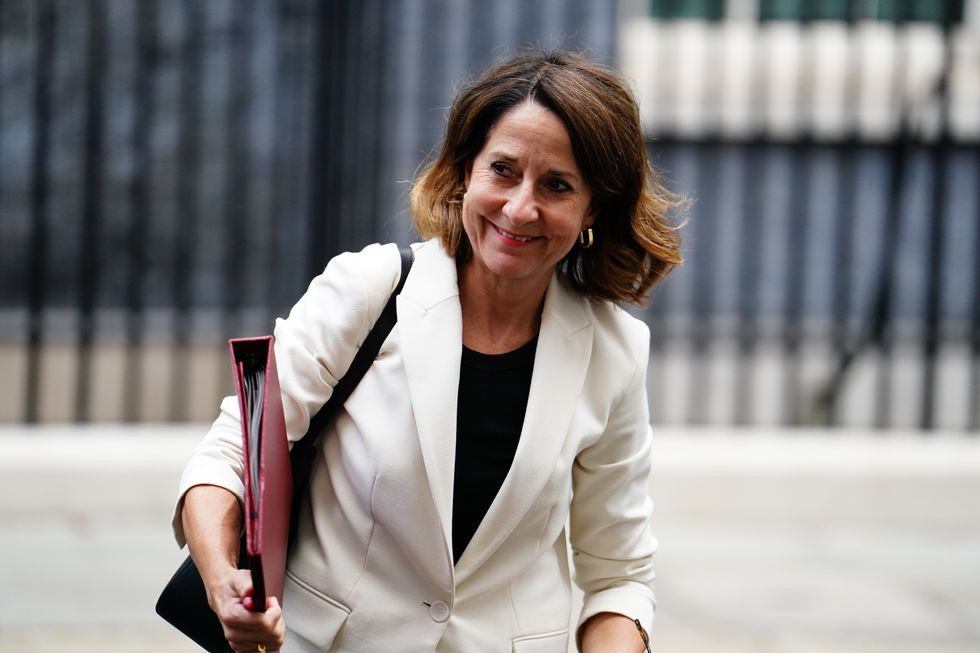 DWP minister Liz Kendall has launched a new Pensions Commission | PA
DWP minister Liz Kendall has launched a new Pensions Commission | PAThe Government recently launched a review into the state pension, which will examine whether the retirement age should be brought forward. Analysts have urged Labour to consider reform to the triple lock amid concerns over its rising cost.
Work and Pensions Secretary Liz Kendall said: "People deserve to know that they will have a decent income in retirement – with all the security, dignity and freedom that brings.
"But the truth is, that is not the reality facing many people, especially if you’re low paid, or self-employed. The Pensions Commission laid the groundwork, and now, two decades later, we are reviving it to tackle the barriers that stop too many saving in the first place.
Chancellor of the Exchequer Rachel Reeves added: "We’re making pensions work for Britain. The Pension Schemes Bill and the creation of pension megafunds mean an average earner could get a £29,000 boost to their pension pots."
More From GB News






